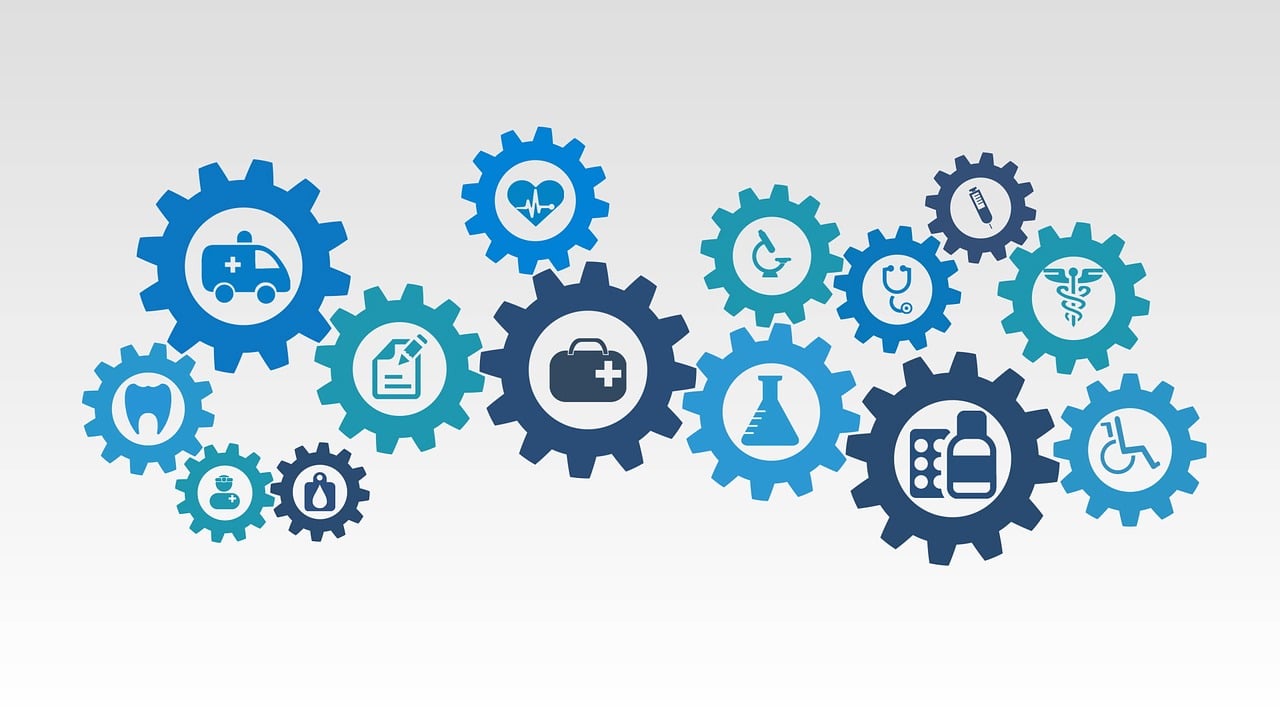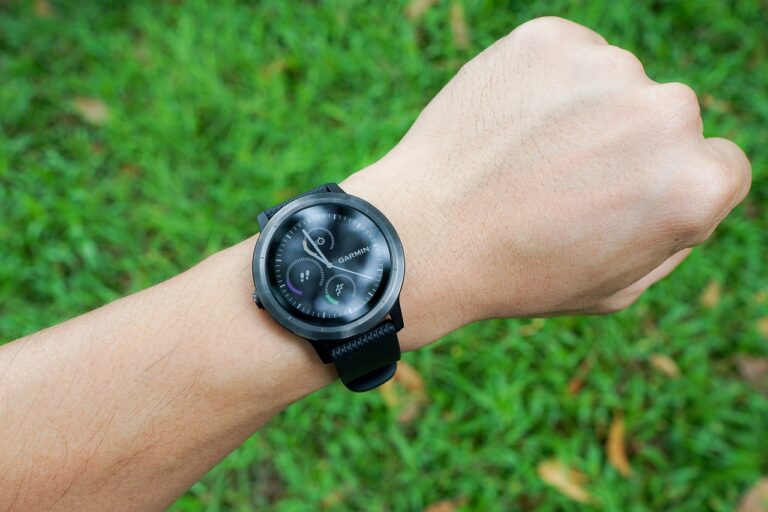Health Benefits of Mindful Journaling: Writing for Reflection and Emotional Wellbeing
Journaling can serve as a powerful tool for enhancing self-awareness and promoting personal growth. By taking the time to write about our thoughts and emotions, we can gain valuable insights into our internal processes and patterns of behavior. This self-reflection allows us to better understand ourselves and our reactions to various situations, paving the way for positive change and growth.
Engaging in mindful journaling can also help improve emotional regulation and reduce feelings of stress and overwhelm. When we write about our emotions, we can gain a sense of clarity and perspective, allowing us to process and manage our feelings more effectively. By expressing our emotions on paper, we can release pent-up tension and gain a greater sense of calm and control over our inner world.
– Mindful journaling enhances self-awareness and promotes personal growth
– Writing about thoughts and emotions provides valuable insights into internal processes
– Self-reflection leads to better understanding of reactions and behavior patterns
– Journaling can improve emotional regulation and reduce feelings of stress and overwhelm
– Expressing emotions on paper helps release tension and gain a sense of calm
Enhancing Self-Awareness through Writing
Writing can be a powerful tool for enhancing self-awareness. Through the act of putting our thoughts and emotions onto paper, we can gain a deeper understanding of ourselves and our inner workings. By reflecting on our experiences and feelings through writing, we are able to identify patterns, triggers, and areas for growth within ourselves.
Journaling allows us to slow down and tune into our thoughts and emotions in a more intentional way. By regularly writing about our daily experiences, we become more attuned to our reactions and behaviors, leading to heightened self-awareness. This increased awareness can help us make more informed choices, communicate more effectively, and navigate relationships and challenges with greater insight and clarity.
Improving Emotional Regulation with Journaling
Journaling can be a powerful tool for improving emotional regulation. Simply putting pen to paper and expressing your thoughts and emotions can help you process and release pent-up feelings. By acknowledging and reflecting on your emotions through journaling, you can gain a better understanding of what triggers certain reactions and learn how to respond in a more mindful way.
Writing in a journal also allows you to track patterns in your emotions and behaviors over time. By regularly documenting your thoughts and feelings, you can identify recurring themes or triggers that impact your emotional regulation. This increased self-awareness can help you anticipate and manage your emotions more effectively, leading to a greater sense of control and well-being.
How can mindful journaling help improve emotional regulation?
Mindful journaling allows individuals to reflect on their thoughts and emotions, helping them gain a better understanding of their triggers and reactions. This increased self-awareness can lead to improved emotional regulation.
What are some tips for enhancing self-awareness through writing?
Some tips for enhancing self-awareness through writing include setting aside regular time for journaling, being honest and open in your writing, and reflecting on your entries to identify patterns in your thoughts and emotions.
How can journaling help individuals better manage their emotions?
Journaling provides a safe space for individuals to express and process their emotions, which can help them gain perspective and develop healthier coping mechanisms. By writing about their feelings, individuals can release pent-up emotions and gain clarity on how to effectively manage them.
Is there a specific journaling technique that is most effective for improving emotional regulation?
While there isn’t one specific journaling technique that is guaranteed to work for everyone, some popular methods include free writing, gratitude journaling, and bullet journaling. Experimenting with different techniques can help individuals find what works best for them in improving emotional regulation.







